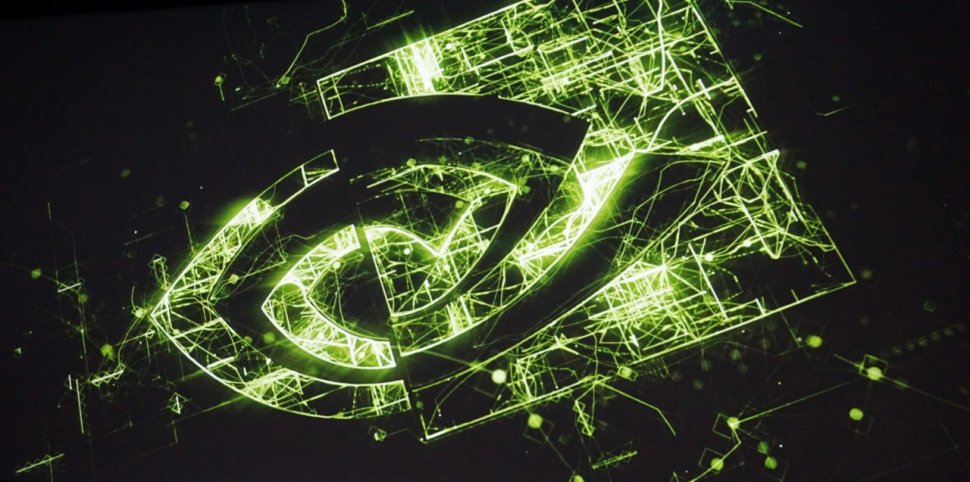Benchmark leak: RTX 4090 rasterization performance speculation


On the web, the RTX 4090’s rasterization performance is inferred from the recently leaked Geekbench score. Accordingly, CUDA and gaming performance could grow similarly.
Nvidia has already officially presented the first RTX 4000 graphics cards, but with regard to tangible performance values, the presentation was quite poor. The company primarily referred to performance with ray tracing and DLSS3 enabled, while rasterization performance took a backseat. In addition, performance values from manufacturers should always be treated with caution anyway. Until the first official tests are published, there is still a lot of room for speculation.
The same increase in performance
The Twitter user Sebastian Castellanos (@Sebasti66855537) has one ready. Based on the Geekbench score of the RTX 4090 that was leaked yesterday, according to which it is more than 60 percent faster in CUDA than an RTX 3090 Ti, this concludes the rasterization performance of Nvidia’s new flagship. According to this, the increase in performance in Geekbench’s CUDA benchmark during the last generation change should have gone hand in hand with the additional rasterization performance.
This assumption is substantiated by a benchmark analysis by 3D Center: The determined performance values of current graphics cards – including those from PCGH – were summarized there. On average, the RTX 3080 in UHD had a performance advantage of 31.4 percent compared to the RTX 2080 Ti at the launch. At the same time, the RTX 3080 was in Geekbench 5 32.8 percent difference allegedly comparably far ahead.
Also interesting: GPU-Z: New version supports Geforce RTX 4090, improvement for Intel’s Arc A770 and A750
This similar increase in performance suggests it will be the same again when switching to the RTX 4000 graphics cards. In this case, the RTX 4090 would not only be a little more than 60 percent faster than the RTX 3090 Ti in CUDA, but also in games (without ray tracing). Of course, this is by no means certain: on the one hand, the Geekbench performance value has not yet been confirmed, and on the other hand, the change to the Ada architecture could result in greater differences between the disciplines. The performance speculations presented here should therefore by no means be taken as a reliable result.
Source: via 3D center
Reference-www.pcgameshardware.de